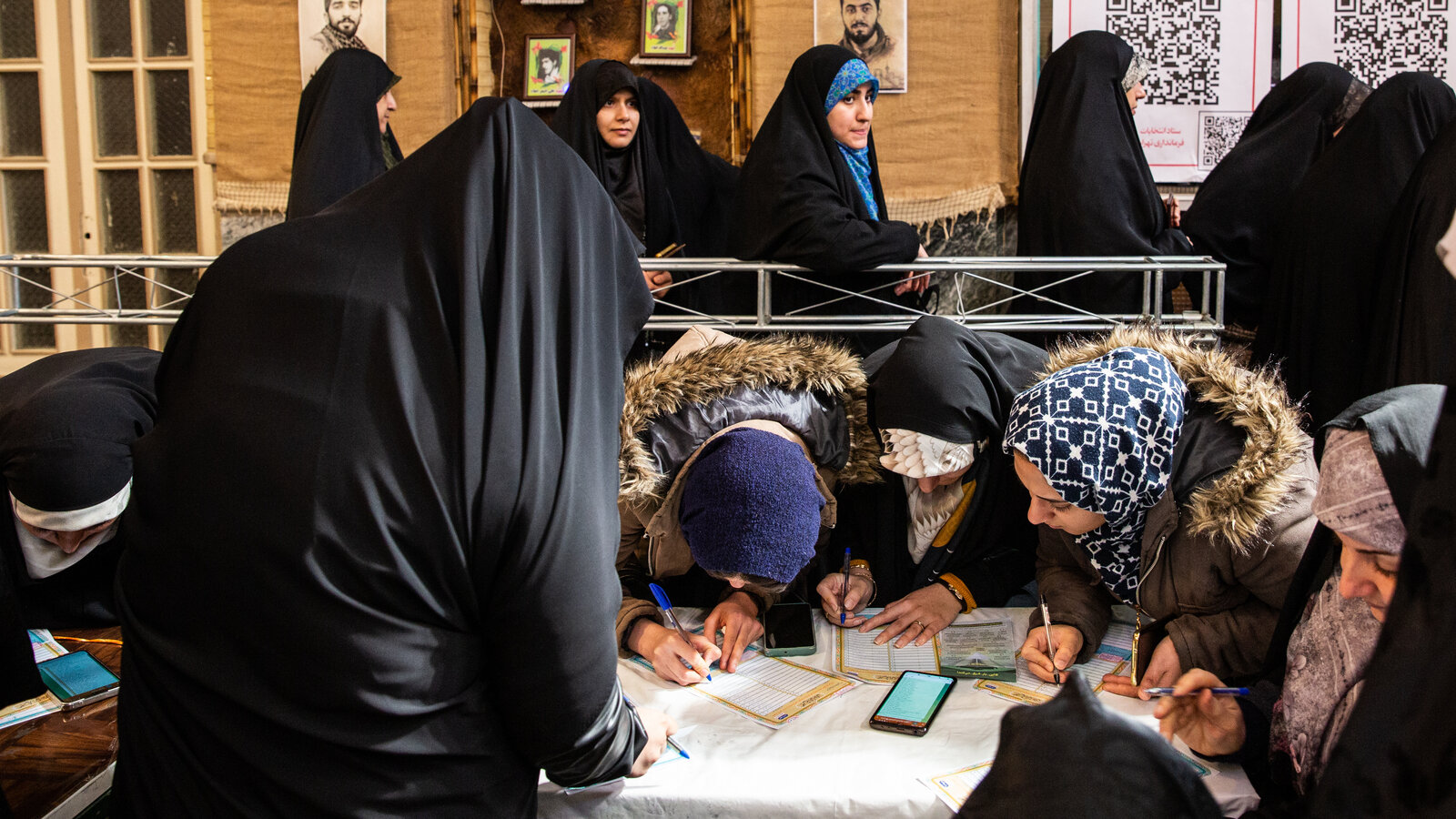OpenAI Stops Iranian Influence Campaign Using ChatGPT
OpenAI recently revealed that it had detected and dismantled an Iranian influence campaign that was leveraging its AI tool, ChatGPT, to create and spread fake news stories and social media posts. The operation targeted Americans, attempting to manipulate public opinion on various hot-button issues such as the U.S. presidential election, LGBTQ+ rights, and the ongoing conflict in Gaza. In this article, we’ll break down the top five things you need to know about this operation and how OpenAI handled it.

What Was the Iranian Influence Campaign?
The Role of ChatGPT in the Operation
The Iranian influence campaign, named “Storm-2035,” was designed to create divisive content by generating fake news stories using ChatGPT. This content was then shared on five different websites, which were set up to look like legitimate news outlets. The aim was to push polarizing messages on topics that could stir controversy and deepen divides within the U.S. and other countries.
Fake News Targets and Topics
The operation focused on several sensitive issues. These included the U.S. presidential campaign, LGBTQ+ rights, and the Gaza conflict. For example, some of the fake news stories falsely claimed that Donald Trump was being censored on social media and suggested that he was planning to declare himself the “king” of the United States. Another story attempted to spin Kamala Harris’ selection of Tim Walz as her running mate as a strategic move for national unity.

How OpenAI Identified and Blocked the Campaign
The Detection Process
OpenAI was able to identify the fake content and shut down the accounts responsible for it. These accounts were linked to websites pretending to be credible news sources. Despite the effort put into the operation, the content generated by ChatGPT did not gain much traction. OpenAI reported that most of the social media posts associated with the campaign received little to no engagement, meaning very few likes, shares, or comments.

Impact on Social Media
The campaign also extended to social media, where it tried to spread its influence via platforms like X (formerly known as Twitter) and Instagram. However, OpenAI noted that the majority of the posts failed to reach a wide audience. The operation’s lack of impact was further confirmed by the Brookings Institution’s Breakout Scale, which rated the operation at a Category 2. This rating indicates activity across multiple platforms but no significant evidence of real users engaging with the content.
The Broader Context of Iranian Influence Campaigns
Links to Other Iranian Operations
The “Storm-2035” campaign was part of a broader series of influence efforts that have been connected to the Iranian government. Microsoft recently identified similar operations aimed at influencing public opinion in various countries. These campaigns typically involve creating and distributing fake news, often targeting political figures and sensitive issues to sow discord and confusion.

Previous Hacks and Phishing Attacks
In addition to creating fake news, Iranian hackers have also been linked to phishing attacks aimed at key political figures. For instance, earlier this week, it was disclosed that Iranian hackers had targeted both Donald Trump’s and Kamala Harris’s campaigns. They successfully compromised the account of Roger Stone, a close adviser to Trump, using phishing emails. The hackers then used his account to send phishing links to others, attempting to widen their reach. Fortunately, there is no evidence that anyone associated with Kamala Harris’s campaign fell victim to these phishing attempts.
The Aftermath and Future Implications
Lessons Learned from the Operation
The swift action taken by OpenAI to detect and block the Iranian influence campaign highlights the importance of monitoring AI-generated content. As tools like ChatGPT become more advanced, the potential for misuse in spreading misinformation increases. This incident serves as a reminder that even as technology advances, so too do the tactics of those who seek to manipulate it for nefarious purposes.

Ongoing Vigilance Against Misinformation
Moving forward, companies like OpenAI will need to remain vigilant in identifying and stopping such campaigns. This includes improving AI tools to detect misuse and working closely with social media platforms and cybersecurity experts to prevent the spread of false information. The battle against misinformation is ongoing, and it requires constant adaptation to new challenges and tactics used by those who wish to exploit these technologies.
Conclusion: The Importance of Cybersecurity in the Digital Age
The disruption of this Iranian influence campaign underscores the critical role that cybersecurity plays in the digital age. As AI continues to evolve, so does the sophistication of those who attempt to misuse it. OpenAI’s successful shutdown of the “Storm-2035” operation is a positive step, but it also serves as a warning that vigilance must be maintained to protect the integrity of information in our interconnected world.
If you have any news which you want to share, you can send us, we will post it on our platform Click here
Panjabi, Bollywood, Hollywood (English & Dubbed) movies online, Click here







